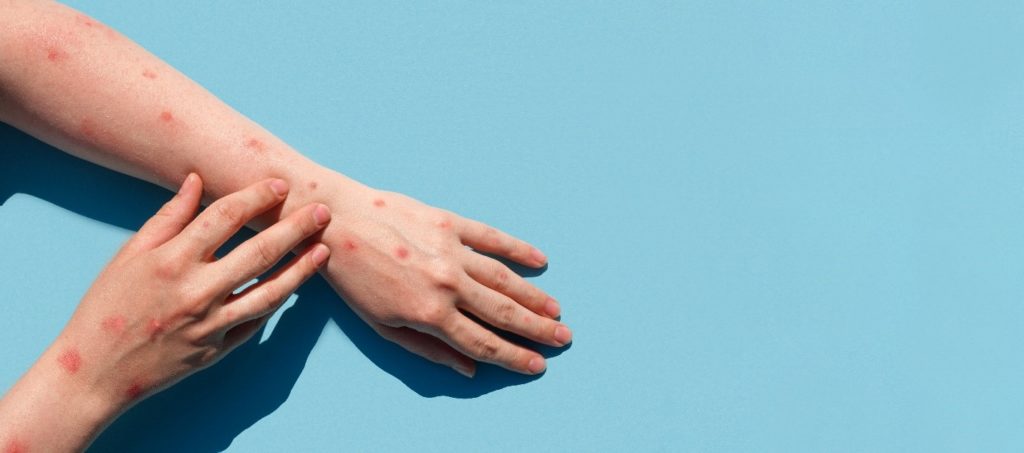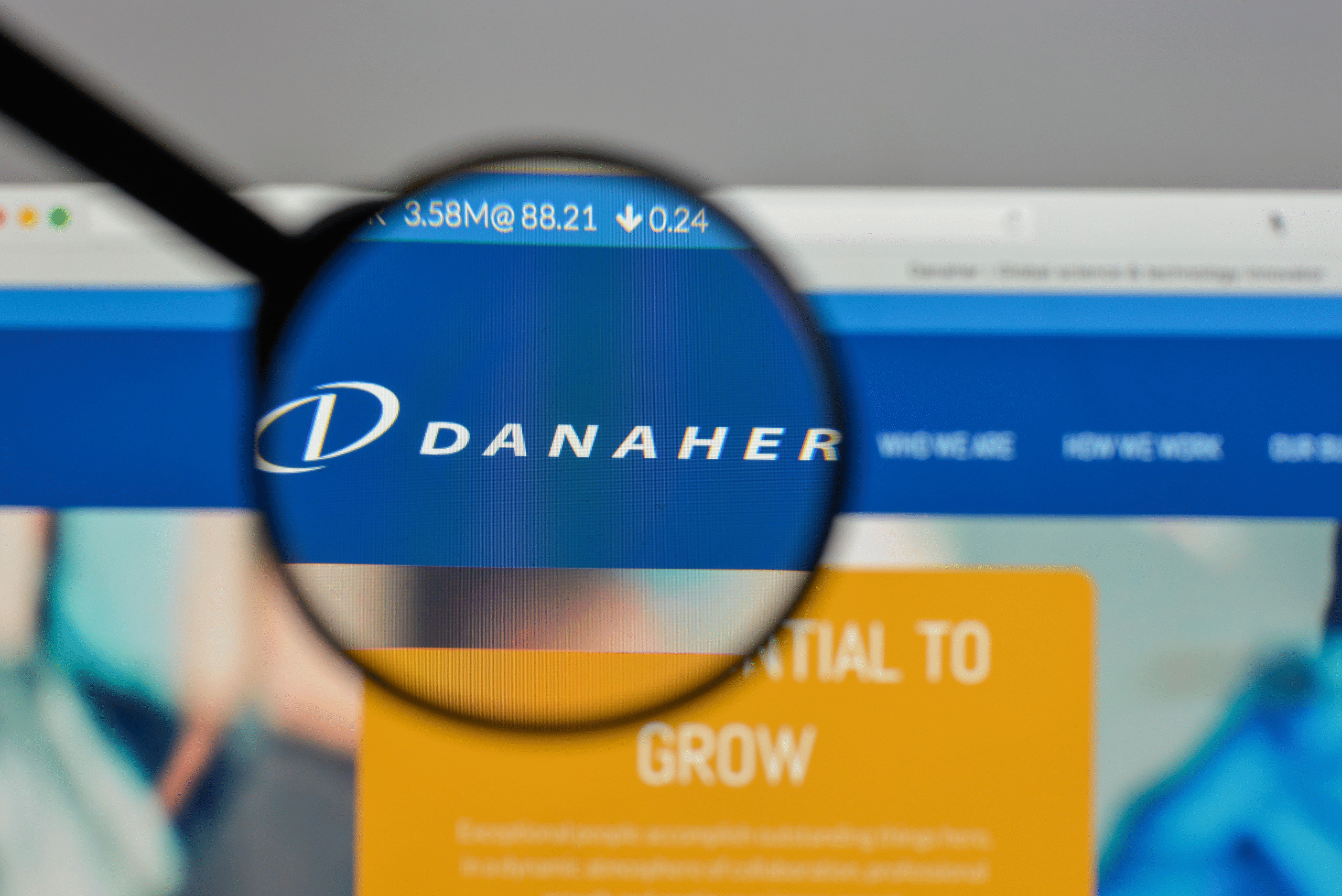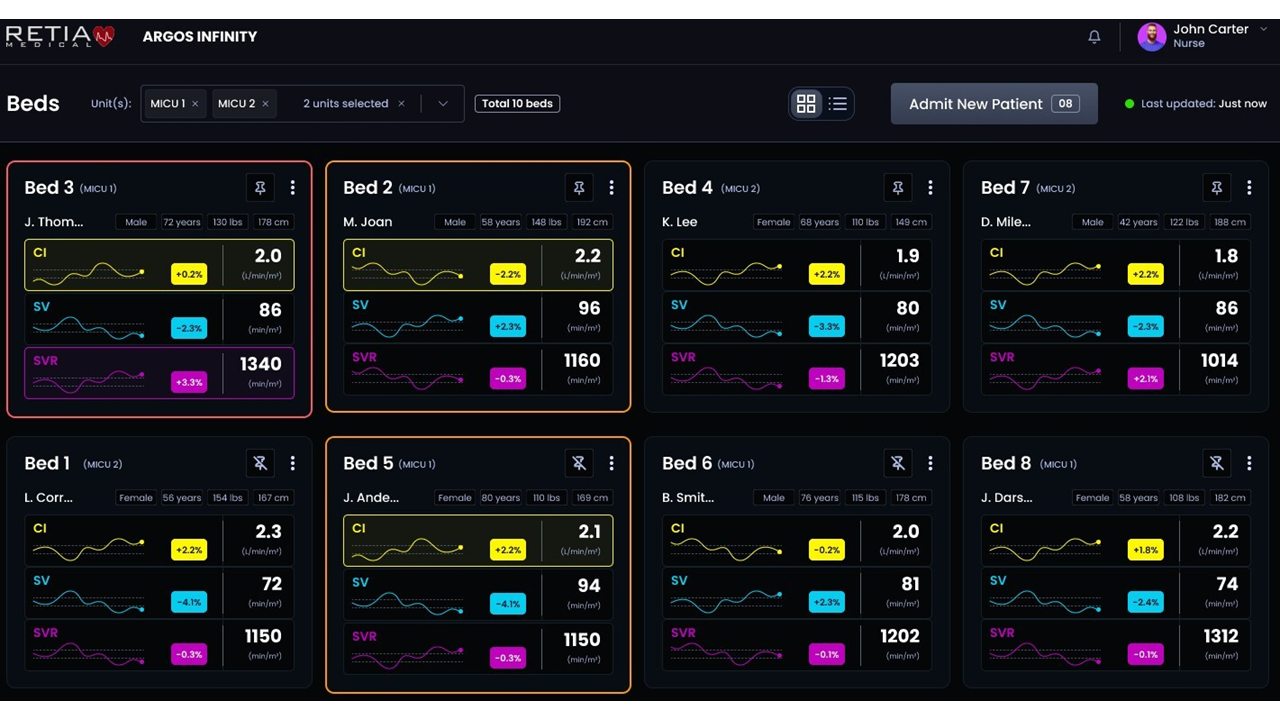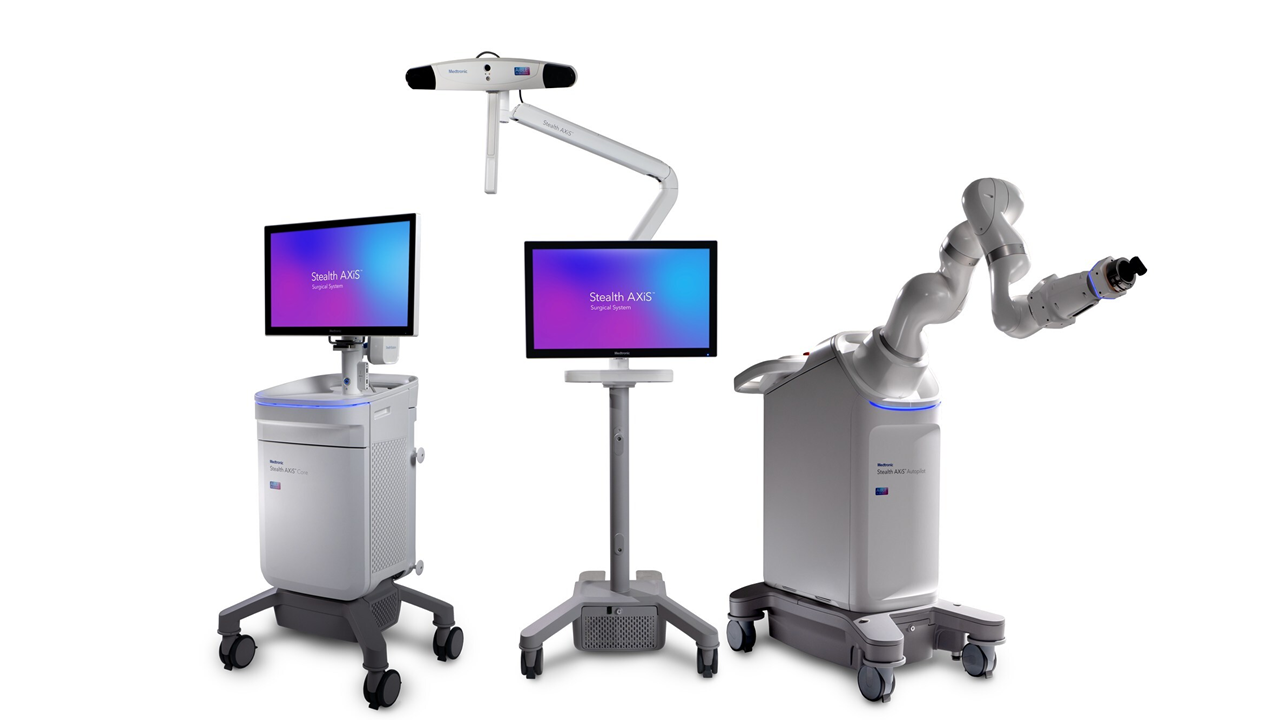Monkeypox, a virus that is endemic to parts of Central and West Africa and a member of the Orthopoxvirus genus, has been spreading across the globe since May. A recent safety communication from the US Food and Drug Administration (FDA) recommends that a lesion swab would avoid much of the risk associated with false-positive or false-negative monkeypox test results.
The FDA’s Suggestions for Monkeypox Testing
The FDA has given recommendations for monkeypox virus testing using lesion swab samples to the following groups below.
For Test Users and Caregivers
Caregivers and monkeypox test users are advised to be aware of the Centers for Disease Control and Prevention’s (CDC’s) status of outbreaks and to familiarize themselves with the symptoms of monkeypox. The FDA recommends that people talk with their health care provider if they suspect a recent contact with someone who has monkeypox, if they have symptoms of monkeypox or if they were tested for the monkeypox virus without using a lesion swab sample.
For Healthcare Personnel
Healthcare personnel should be informed of the CDC’s Information for Healthcare Professionals, clinician FAQs and instructions for preparing and collecting specimens. Also, if a patient was tested for the monkeypox virus without using a lesion swab sample and an inaccurate result is suspected, the patient should be retested using a lesion swab sample.
For Test Developers and Laboratory Personnel
The FDA recommends being aware of the CDC’s Information for Laboratory Personnel, including preparing and collecting specimens and clinician FAQs for monkeypox virus testing. The FDA also recommends contacting them at [email protected] to share validation data from blood, saliva, or any other sample types and to discuss new test development and alternate testing approaches.
RELATED: Monkeypox Test Kit in Development by Becton Dickinson in Partnership with CerTest Biotec
Possibility of Flawed Monkeypox Test Results
There is a potential risk of receiving a false monkeypox test result. It can be a false-positive test or a false-negative test, which means that an unaffected person tested positive, or an affected person tested negative, respectively.
A false-positive result may delay getting the correct diagnosis or getting the right treatment for the actual reason of the person’s illness, which is most likely a disease other than monkeypox.
A false-negative result may delay monkeypox virus diagnosis or result in the individual getting inappropriate treatment. Also, a false-negative result may cause the person who actually has the monkeypox virus but is unaware of it to unintentionally spread the monkeypox virus to others.
Thus, the FDA recommends having an open communication with them about any suspected problems with a monkeypox test through their MedWatch Online Voluntary Reporting Form to ensure the safety of society.












Join or login to leave a comment
JOIN LOGIN